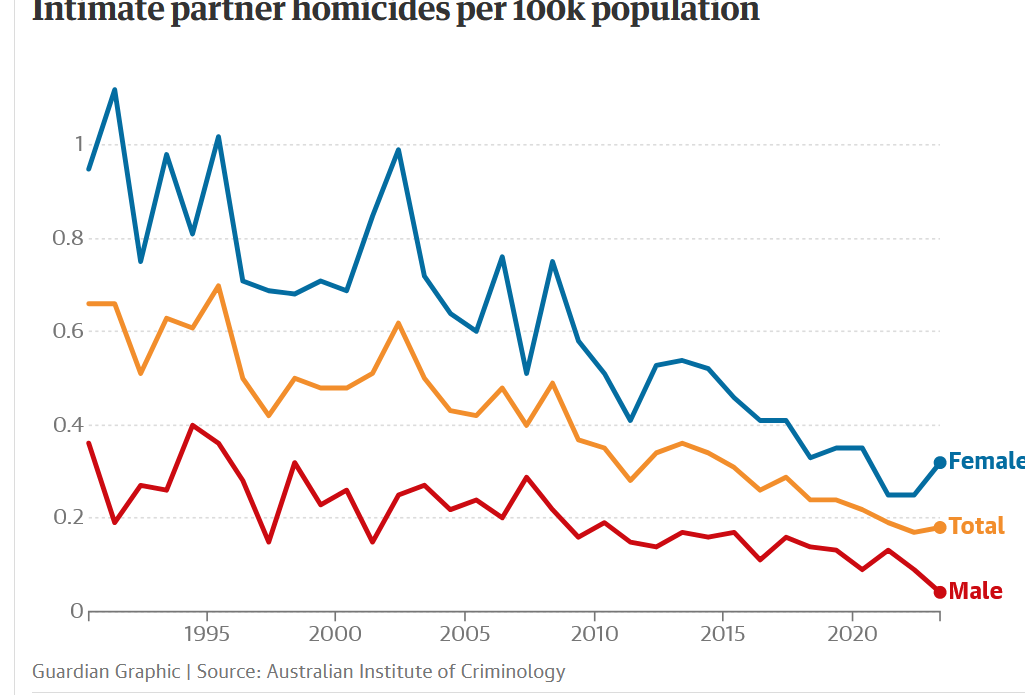Investigating The Surge In Femicide: Causes And Consequences

Table of Contents
Socio-Cultural Factors Contributing to Femicide
Gender Inequality and Patriarchy
Deeply ingrained patriarchal norms are a primary driver of femicide. These norms perpetuate gender inequality and normalize violence against women. The unequal power dynamics inherent in patriarchal societies often leave women vulnerable to abuse and violence, with little recourse for protection.
- Unequal power dynamics: Women are often economically dependent on men, limiting their ability to leave abusive relationships.
- Gender stereotypes that justify violence: Societal acceptance of male dominance and the justification of violence as a response to perceived female disrespect contribute significantly.
- Limited legal protection for women: Weak legal frameworks and a lack of enforcement often fail to protect women from violence, creating a climate of impunity for perpetrators.
Many cultural practices contribute to the acceptance of violence against women. For instance, some cultures normalize the practice of "honor killings," where women are murdered for perceived violations of family honor. In other societies, deeply ingrained gender roles restrict women's autonomy and opportunities, leaving them vulnerable to abuse.
Harmful Masculinity and Toxic Relationships
Harmful representations of masculinity and the normalization of controlling behavior in relationships are significant factors contributing to femicide. The pressure on men to conform to rigid ideals of masculinity can fuel aggression and violence.
- Controlling behaviors: Jealousy, possessiveness, and constant monitoring are often precursors to more extreme violence.
- Threats of violence: The use of intimidation and threats to control and dominate a partner is a hallmark of abusive relationships and a significant risk factor for femicide.
- Honor killings: These acts of violence stem from a warped sense of male honor and control over women's lives.
Statistics consistently demonstrate a strong correlation between controlling relationships and femicide. Media portrayals often reinforce harmful masculine ideals, contributing to a culture that normalizes aggressive and controlling behavior in relationships.
Systemic Failures in Addressing Femicide
Ineffective Law Enforcement and Judicial Systems
Shortcomings in legal systems significantly hamper efforts to prevent and prosecute femicide. Inadequate resources and training, coupled with slow judicial processes and lenient sentencing, create a climate of impunity.
- Lack of resources dedicated to investigating femicide cases: Many jurisdictions lack the dedicated resources, specialized units, and trained personnel necessary for effective investigation.
- Inadequate training for law enforcement: Police officers often lack the necessary training to identify and respond appropriately to cases of domestic violence, which often escalate to femicide.
- Slow judicial processes: Lengthy court proceedings, delays in obtaining justice, and a lack of accountability for perpetrators contribute to a sense of frustration and powerlessness among survivors and families.
- Lenient sentencing: In many cases, perpetrators receive inadequate sentences, further undermining efforts to prevent future acts of violence.
Countries with weak legal frameworks often experience higher rates of femicide. The lack of robust legislation, coupled with ineffective enforcement, creates a permissive environment for violence against women.
Insufficient Support for Survivors and Their Families
The absence of comprehensive support systems for survivors and families of femicide victims exacerbates the trauma and hinders recovery.
- Lack of shelters: Many women lack safe places to escape abusive relationships, leaving them vulnerable to further violence.
- Limited counseling services: Access to mental health services is often inadequate, leaving survivors struggling to cope with the trauma.
- Financial assistance: Financial insecurity often prevents women from leaving abusive situations, increasing their vulnerability to femicide.
- Lack of legal aid: Many survivors lack access to legal representation, hindering their ability to obtain protection orders and pursue justice.
Femicide leaves long-term psychological and economic impacts on families. Children witness violence and are left to cope with the loss of a parent, often leading to significant emotional and developmental challenges.
The Devastating Consequences of Femicide
Impact on Communities and Society
Femicide extends far beyond the immediate victims and their families, impacting entire communities and society.
- Increased fear among women: The pervasive threat of violence creates a climate of fear and insecurity, restricting women's mobility and freedom.
- Erosion of social trust: Femicide erodes trust in institutions and authority figures, damaging social cohesion.
- Economic losses: The loss of women from the workforce and the costs associated with healthcare and legal services contribute to significant economic losses.
- Negative impacts on child development: Children exposed to violence and the loss of a parent experience significant emotional trauma, impacting their development.
The ripple effect of femicide extends throughout communities, diminishing public safety and social cohesion.
The Global Public Health Crisis
Femicide is a significant public health issue with far-reaching consequences.
- The burden on healthcare systems: The healthcare system bears the burden of treating survivors of violence and providing mental health services.
- The need for public health interventions: Addressing femicide requires a multi-pronged public health approach, including prevention, intervention, and support services.
- The importance of data collection and analysis: Accurate data collection is essential for understanding the scope of the problem and developing effective interventions.
Global data on femicide rates highlights the urgency of the crisis. The impact on women's health and well-being is profound, demanding immediate and comprehensive action.
Conclusion
The surge in femicide is a global crisis demanding urgent action. Addressing this requires a multi-pronged approach tackling socio-cultural norms that condone violence, strengthening legal frameworks and law enforcement responses, and providing comprehensive support for survivors and their families. Only through sustained efforts to combat gender inequality and challenge harmful masculinity can we hope to significantly reduce the incidence of femicide and create safer communities for women everywhere. Let's work together to end femicide and ensure a future free from violence against women. Learn more about how you can contribute to the fight against femicide and become a part of the solution. Join the movement to end femicide and build a safer world for women.

Featured Posts
-
 Rare Ingredients Take Center Stage At Manhattans Forgotten Foods Festival
May 21, 2025
Rare Ingredients Take Center Stage At Manhattans Forgotten Foods Festival
May 21, 2025 -
 Femicide A Critical Examination Of The Problem And Potential Solutions
May 21, 2025
Femicide A Critical Examination Of The Problem And Potential Solutions
May 21, 2025 -
 Revenirea Fratilor Tate In Romania Imagini Spectaculoase Din Centrul Bucurestiului
May 21, 2025
Revenirea Fratilor Tate In Romania Imagini Spectaculoase Din Centrul Bucurestiului
May 21, 2025 -
 New Attempt To Break The Trans Australia Run World Record
May 21, 2025
New Attempt To Break The Trans Australia Run World Record
May 21, 2025 -
 Cubs Game Lady And The Tramp Hot Dog Recreation Goes Viral
May 21, 2025
Cubs Game Lady And The Tramp Hot Dog Recreation Goes Viral
May 21, 2025
